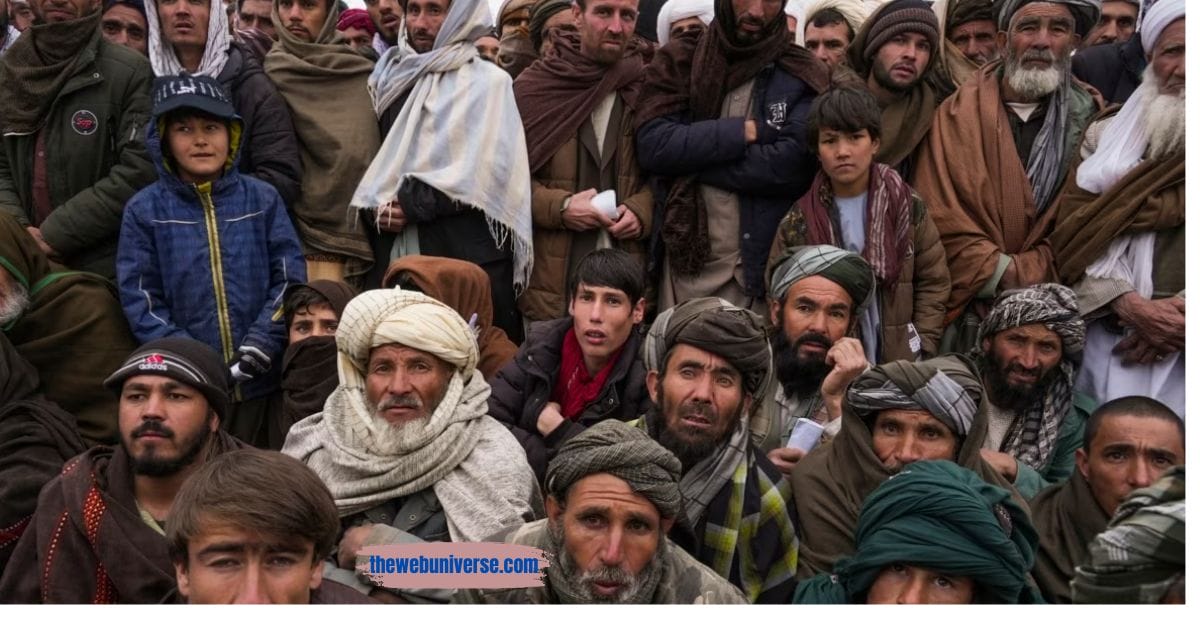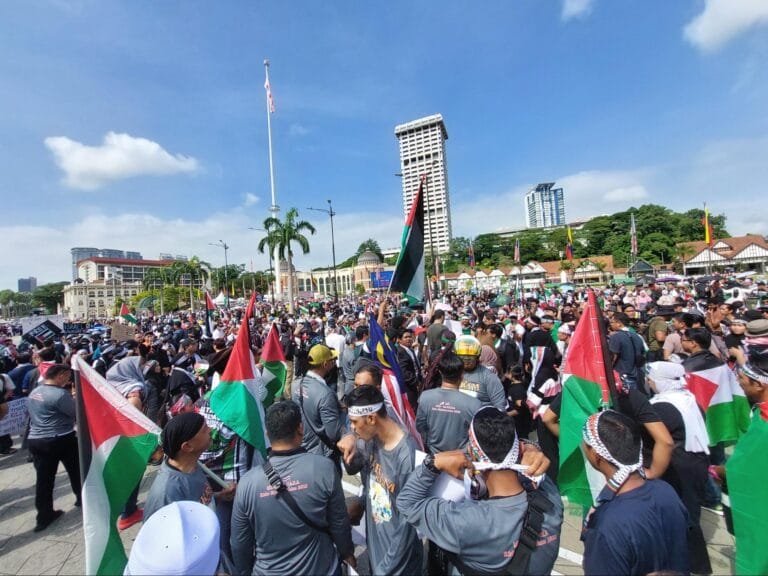Deport Illegal Afghan Immigrants: Pakistan’s Plan and Challenges

In a significant move to address the presence of undocumented migrants, Pakistan is gearing up for a substantial crackdown on illegal immigrants, including an estimated 1.7 million Afghans.
The Pakistani government has set a firm deadline of November 1 for all such immigrants, urging them to leave the country voluntarily. Deportation centers are being established for those who fail to comply with this ultimatum.
This article will explore Pakistan’s comprehensive plan for repatriating deport illegal Afghan immigrants and the challenges it entails.
Understanding the Scale of the Issue
The presence of undocumented immigrants, particularly Afghan nationals, has been a longstanding concern for Pakistan. With an estimated 1.7 million Afghans residing illegally in the country, addressing this issue has become a priority.
The government has made it clear that this plan applies to all illegal immigrants, regardless of their nationality, and it’s not limited to Afghans.
Setting the Deadline
The caretaker government of Pakistan made a significant announcement earlier this month, giving all undocumented immigrants until October 31 to exit the country voluntarily.
After November 1, the government plans to take stringent action against those found residing illegally. These actions could include detention and deportation, underlining the seriousness of the situation.
Deportation Centers: Where Will They Be Located?
To facilitate the repatriation process, deportation centers are being set up in multiple regions across Pakistan. These centers will serve as temporary holding facilities for those who are arrested and awaiting deportation. The key regions where these centers are being established include:
- Punjab:
Deportees in Punjab will be transferred to centers in Rawalpindi and Karachi.
- Sindh:
The Sindh region will also have its own deportation centers.
- Baluchistan:
Baluchistan is setting up three deportation centers, including one in the provincial capital, Quetta.
- Khyber Pakhtunkhwa:
This region will have three deportation centers as well.
The Process and What It Involves
Those who are willing to leave the country voluntarily are being offered assistance to do so. However, anyone found in the country illegally after November 1 will face arrest and deportation.
Pakistan’s caretaker Interior Minister, Sarfraz Bugti, assured that action would not be taken lightly, and those detained would be treated with dignity, receiving medical care and sustenance while awaiting deportation. Deportees are allowed to carry a maximum of 50,000 Pakistani rupees ($180) with them.
Challenges and International Response
Deporting such a large number of undocumented immigrants is undoubtedly a challenging task. The Pakistani government has been criticized for its decision, and it has sparked concerns from international organizations and former US diplomats.
The United States and the United Nations have appealed to Pakistan to reconsider the deportation plan, highlighting potential human rights violations and family separations that could result from this initiative.
The Taliban’s Response
The Taliban, who took control of Afghanistan in August 2021, have expressed their concerns about the deportation plan, calling it “inhumane” and “unacceptable.” In response, they have set up special camps on the Afghan side of the border to provide immediate shelter, healthcare, food, and financial assistance to families returning from Pakistan. This response shows the complexity of the situation and the potential challenges that could arise.
The Way Forward
As the November 1 deadline approaches, Pakistan’s government remains resolute in its commitment to address the issue of illegal Afghan immigrants.
The government has emphasized that this plan is not limited to Afghans but applies to all undocumented immigrants, and it is being carried out in line with the country’s laws.
Conclusion
Pakistan’s initiative to deport illegal Afghan immigrants is a challenging and controversial move with significant implications. It raises questions about the rights of undocumented immigrants, international obligations, and the complexities of managing a large-scale repatriation process.
The government’s approach will continue to be closely monitored, with various stakeholders weighing in on the matter.
FAQs
1. Who is affected by Pakistan’s deportation plan?
Pakistan’s deportation plan targets all undocumented immigrants, not limited to Afghans. It applies to individuals residing in the country without proper documentation or overstaying their visas.
2. What is the deadline for undocumented immigrants to leave voluntarily?
The deadline for undocumented immigrants to leave Pakistan voluntarily is October 31. After November 1, the government plans to take stringent action, including detention and deportation, against those found residing illegally.
3. Are Afghan refugees with valid documentation affected by this plan?
No, Afghan refugees with valid documentation, such as registered refugees and those with proper visas, are not the focus of this deportation plan. It specifically targets those who are in the country illegally.
4. How will those facing deportation be treated in deportation centers?
Individuals facing deportation will be treated with dignity and provided with medical care and sustenance while awaiting deportation. They are allowed to carry a maximum of 50,000 Pakistani rupees ($180) with them.
5. What is the international response to Pakistan’s deportation plan?
Pakistan’s deportation plan has raised concerns internationally. The United States and the United Nations have appealed to Pakistan to reconsider the plan, citing potential human rights violations and family separations. The plan has also been criticized by former US diplomats and resettlement organizations.






